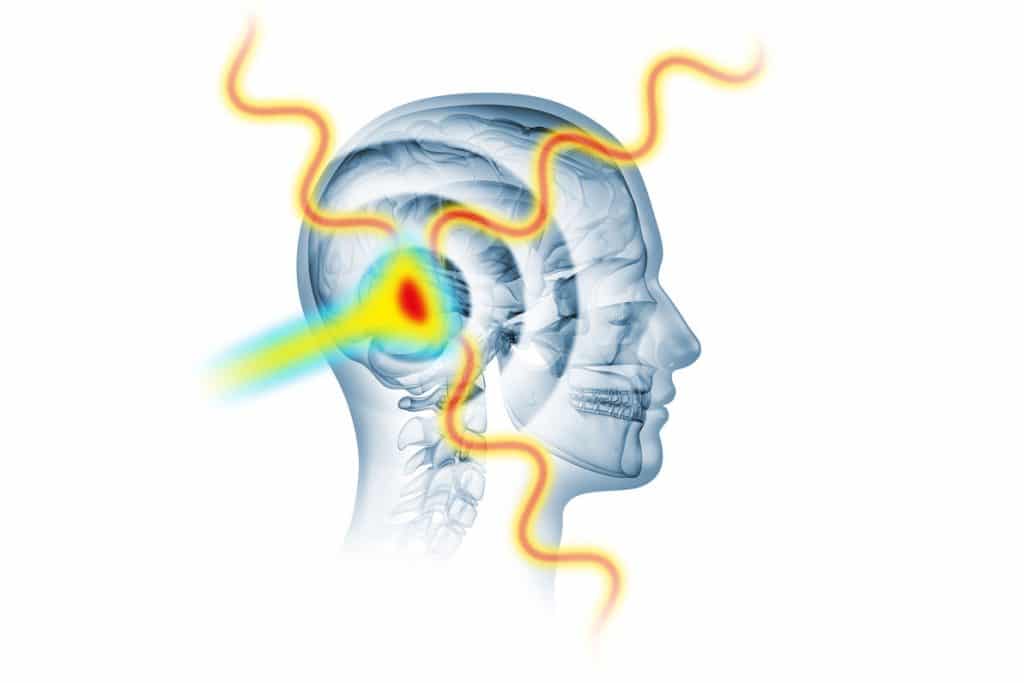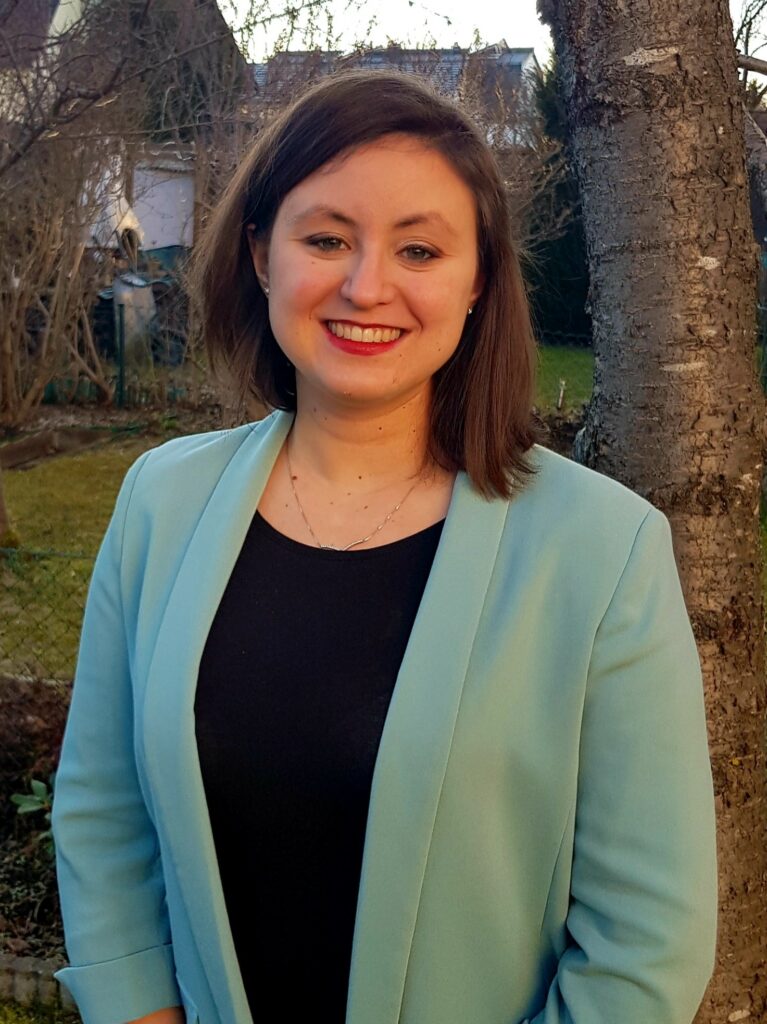Dose quantification from PG imaging for adaptive planning
Planned secondments: RaySearch (Sweden), MGH (Boston).
Project description
Range uncertainties still represent a major obstacle to full clinical exploitation of the ballistic accuracy enabled by proton beams. Therefore, possibilities of daily image-guided intervention to closely monitor and, where needed, correct for such uncertainties would open new possibilities in promoting tighter conformation of the dose delivery to the intended tumour target. To this end, the RAPTOR workflow foresees fast range verification measurements during the treatment delivery, complemented by dose recalculation based on treatment log-files and updated anatomical images with accurate knowledge of the tissue stopping power ratio (SPR) relative to water after delivery. As an additional step forward toward the achievement of a real-time adaptation during the treatment delivery, a closer link between the prompt gamma (PG)-based range verification and the treatment planning is highly desirable.
The proposed PhD project will aim at enabling a fast dose reconstruction of few exploratory pencil beams from the original treatment plan, to be delivered at the very beginning of the treatment and to be selected such as to fulfil both conditions of good PG-dose correlation and sufficient statistics for reliable detection. In case of detected deviations from the originally intended dose, the information will be in turn fed to the adjustable RAPTOR treatment adaptation framework to enable adapting the remaining of the planned delivery.
To this end, the first part of the project with deal with the improvement, application and experimental validation of the PG calculation engine within RayStation for both prompt gamma imaging (PGI) and prompt gamma spectroscopy (PGS) prototypes available within the consortium. Next, the algorithm for dose reconstruction from the acquired signals will be devised and thoroughly tested with in-silico data and, where possible, experimental measurements in phantom and, if available, even patients, including comparisons to the log-based approach on the updated patient anatomy, exploiting the results of the other projects within the network.
Finally, strategies for fast feedback to the adjustable dose optimization framework, including a progressive selection of exploratory beams to be irradiated first (to complement range probe approaches of transmission imaging investigated within the consortium), will be evaluated in view of a possible deployment in the fast adaptive workflow of RAPTOR for in-treatment corrections.
The successful candidate will be given the opportunity to complete a PhD in Physics at the Ludwig-Maximilians-Universität (LMU) in Munich. The project will be carried out at the LMU Medical Physics Chair, offering an international and multi-disciplinary environment addressing various core-topics of ion beam therapy.
For more information concerning the research project please contact: Katia Parodi


Beatrice Foglia
Early-Stage researcher at Ludwig Maximilian University
My name is Beatrice Foglia, but everyone calls me Bea. I am almost 27 years old and I come from a little town next to Como, Italy. I am currently doing a PhD in Medical Physics at the University Ludwig-Maximilian in Munich, under the supervision of Katia Parodi and Marco Pinto. I first landed in Munich as an Erasmus student, after my Master in Physics applied to Medicine that I got at the University of Pavia.
I consider myself quite an outgoing and dynamic person, but I don’t dislike spending moments in quietness. I like sports and social events as well as I love spending time reading a good book or watching movies and TV series. I am vegan, I am an Harry Potter fan and, since I am here in Munich, I developed an addiction to brezeln.
My research project is about dose quantification from prompt-gamma (PG) imaging for adaptive planning. PG imaging is a promising technique developed for in vivo range verification of proton therapy. The aim of my project consist in a fast dose reconstruction, starting from the PG signal, of few exploratory pencil beams from the original treatment plan. In case of detected deviations from the originally intended dose, the information will be in turn fed to the adjustable RAPTOR treatment adaptation framework to enable adapting the remaining of the planned delivery.
I chose this PhD because, among the different branches of Medical Physics, radiation therapy is the one I fell in love with. My Master thesis was related to hadrontherapy, and I couldn’t be happier to go on with this path. Even though proton therapy has been clinical applied for years and its feasibility has been clearly proved, giving hope to a lot of patients, it can be improved, and this is the aim of RAPTOR, so that its benefits could be made available to even more patient.

Ludwig-Maximilians Universitat Muenchen
PROJECT BENEFICIARY
LMU is a leading teaching and research university, featuring one of the largest Physics Faculties in Germany. The proposed project will be carried out at the Department of Medical Physics in the Faculty of Physics of LMU, which roughly amounts to 65 members and offers a dynamic, multi-disciplinary and international environment working on various core-topics of ion beam therapy, with emphasis on image guidance and in-vivo range verification.


